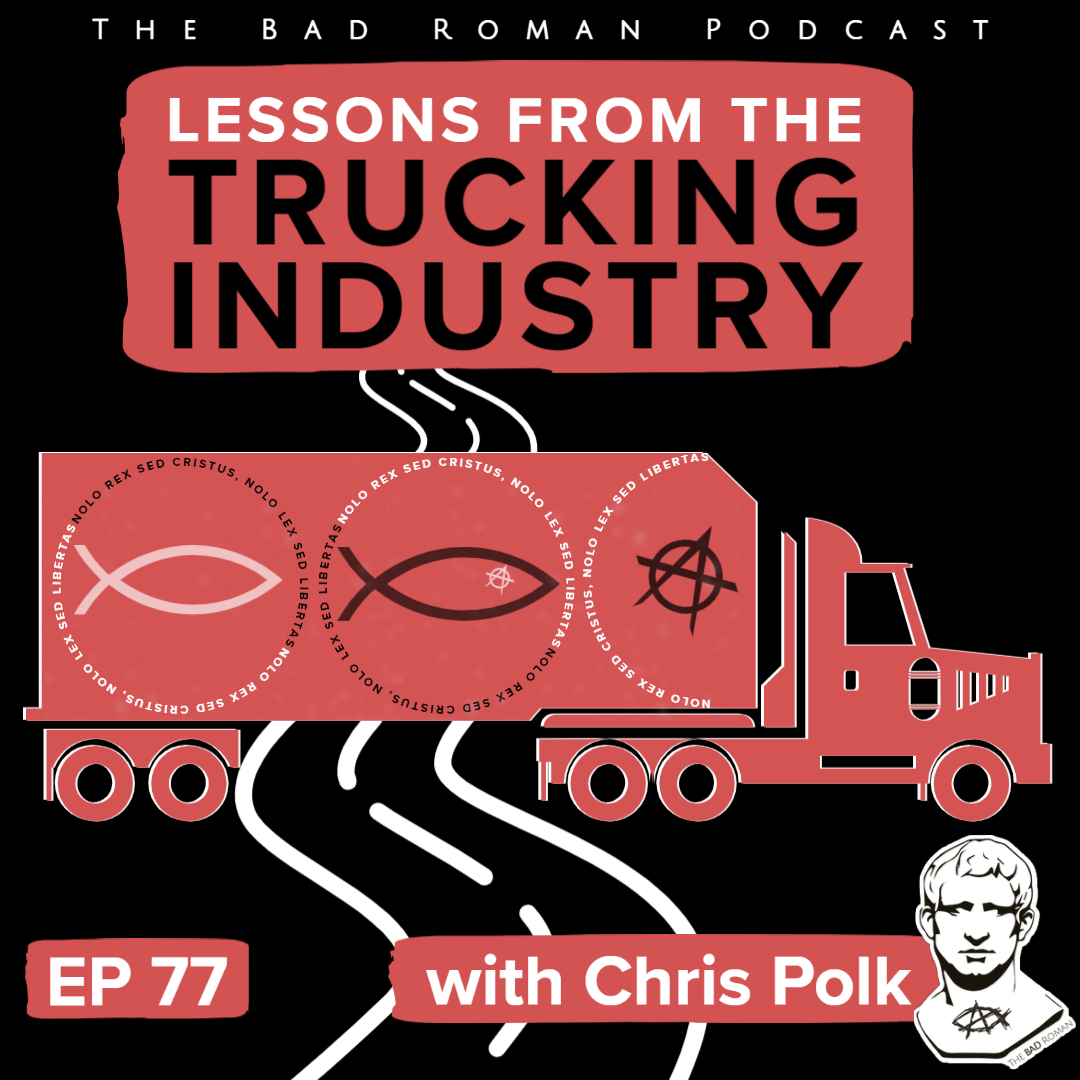About this Episode
Are libertarians compromising their principles for political gain? In this episode, we tackle some hard-hitting critiques of the Libertarian Party and its recent alignments. Our guest argues that many libertarians are willing to support political figures like Donald Trump and Argentine President Javier Milei to gain relevance, despite the contradictions this poses to libertarian ideals.
We dive deep into the hypocrisies of the Libertarian Party and the policies of figures they have recently supported, questioning whether they truly represent libertarian values. Our guest provides an extensive critique, highlighting the harmful practices and behaviors Milei, Musk, and Trump have all implemented and the echo chambers that form around such figures, stifling meaningful debate within libertarian circles.
The conversation takes a thought-provoking turn as we explore Christian anarchism. Should Christians reject statism entirely and follow Christ rather than political figures or parties? Our guest and host discuss this radical idea, challenging listeners to reconsider their political and spiritual allegiances.
We also scrutinize the funding sources within libertarian movements. Are libertarian organizations compromising their message by taking money from billionaires and corporations? Our guest argues that this financial backing undermines the principles these groups claim to uphold.
Join us for a compelling discussion that questions the integrity and future of libertarianism. This episode is sure to spark spirited debates and encourage listeners to think critically about their political beliefs. Tune in and let's question together!
Connect with Jeremey Harding:
Website: https://jeremiahharding.com/
YouTube: Jeremiah Talks
@insanityisfree: Twitter (X), Instagram, Facebook,
Episode Timestamps:
1:43 Guest Introduction, Libertarian Figures, and Criticisms
Jeremy criticizes prominent libertarian figures like Elon Musk and Peter Thiel.
Discussion on the contradictions within libertarian circles, especially regarding support for figures like Musk and Thiel.
5:34 Freedom of Speech and Censorship
Elon Musk's compliance with censorship
Twitter and authoritarian governments
Concerns about freedom of speech
9:01 Anarchists' Views on Political Figures
Political figure claiming to be an anarchist
Running for presidency
Anarchists leaning towards statism
10:29 Libertarian Party Process
Inefficiencies in the party
Corruption within the process
Advocacy for alternative structures
16:24 Liberty Twitter Experience
Speaker C's negative reputation
Branding and interactions
Influence within the libertarian community
18:24 Unconventional Opinions
Libertarianism and anarchism
Influence of societal figures
Stepping away from material possessions
19:56 Evolution of Liberty Hangout
Transformation to Trump-supporting outlet
Shift in audience
Creation of Catholic Hangout
22:55 Eric July and Ripiverse Comics
Affiliation with Ripiverse Comics
"Being libertarian" page
Right-wing content and meme theft
27:01 Javier Milei's Political Shift
Shift towards conservative figures
Embrace of right-wing ideologies
Critique of Libertarians compromising principles
29:54 Criticism of Javier Milei
Issues with inflation
Devaluing the currency
Controversial support for Israel
46:24 Libertarian Funding Sources
Connections to right-wing billionaires
Impact on libertarian message
Influence of Koch brothers and Peter Thiel
50:59 Ideals of Libertarianism
Philosophy beyond non-aggression
Property rights considerations
Cultural and global contributions
58:24 Radical Ideals and Anarchunity.com
Edgy content and Purpose of anarchunity.com
Anarchist unity and original content







































